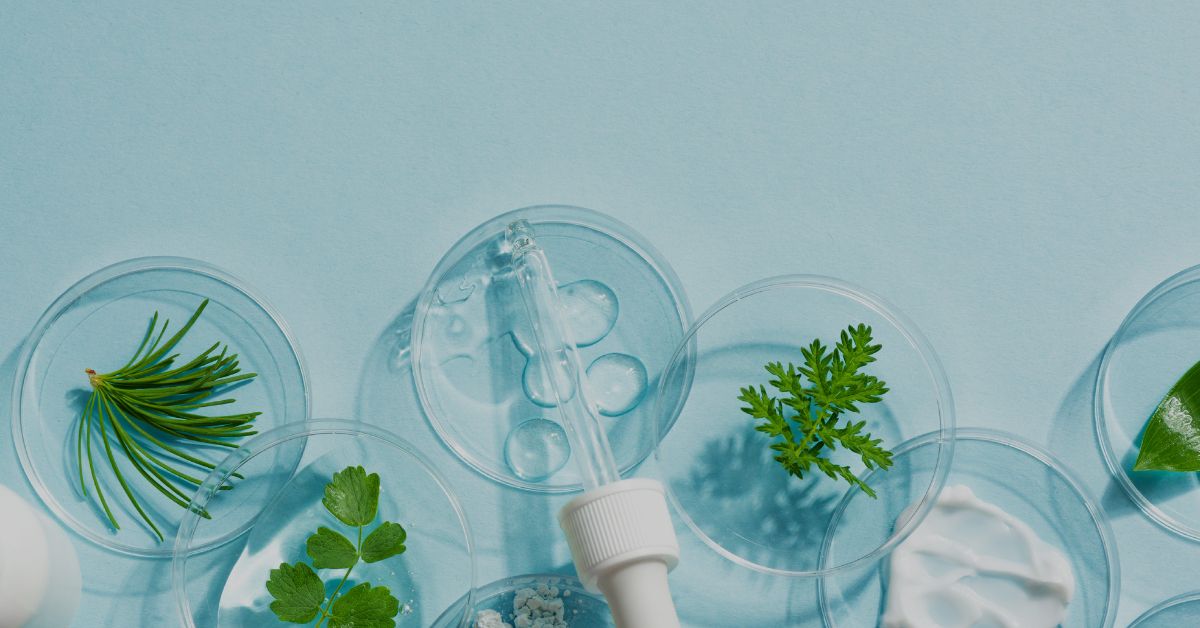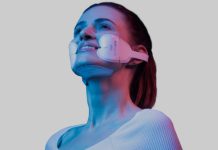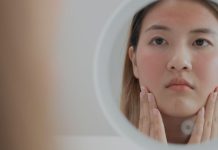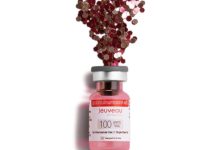Active Concepts recently introduced ACB Sal-Vation (INCI: Not Provided), a sustainably derived ingredient from sugar beets and prunes as an alternative to salicylic acid.
Benzoic acid, naturally found in prunes, shares some similarities with salicylic acid in its lipophilic nature, allowing it to remove intercellular lipids for successful exfoliation, per the company. It also possesses properties such as antimicrobial and antifungal benefits, making it particularly effective in combating acne and other skin infections.
Succinic acid, found in sugar beets, offers anti-inflammatory properties, making it suitable for sensitive skin types; it is also known to promote collagen synthesis.
Related: Read the Label: Vacation Brand Classic Whip SPF 30 Sunscreen Mousse
The company partnered with a family-owned farm in Northern Ohio where it sources sugar beets from a supplier that prioritizes regenerative farming. The company also sourced prunes from a family-owned farm in California.
Per the company, salicylic acid is associated with chemical exfoliation and the potential for skin sensitivity, where now the market is trending and prioritizing gentler forms of skin care. However, it also holds an allure due to its efficacious properties in fighting acne, controlling excess oil production and promoting smoother skin.
Salicylic acid is popular in the United States, but, due to historical use as a cheap wine adulterant in the 1800s, the ingredient maintains a stigma in Europe that has made it have limited use in cosmetic products. In Asian markets, while salicylic acid itself isn’t a major concern, there’s a strong emphasis on ensuring no undeclared ingredients or carry-overs, as the market adheres to stringent regulations.
Active Concepts aims to offer an alternative with the same benefits of salicylic acid while removing the regional difficulties tied to it.







